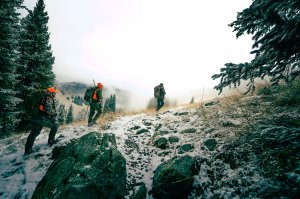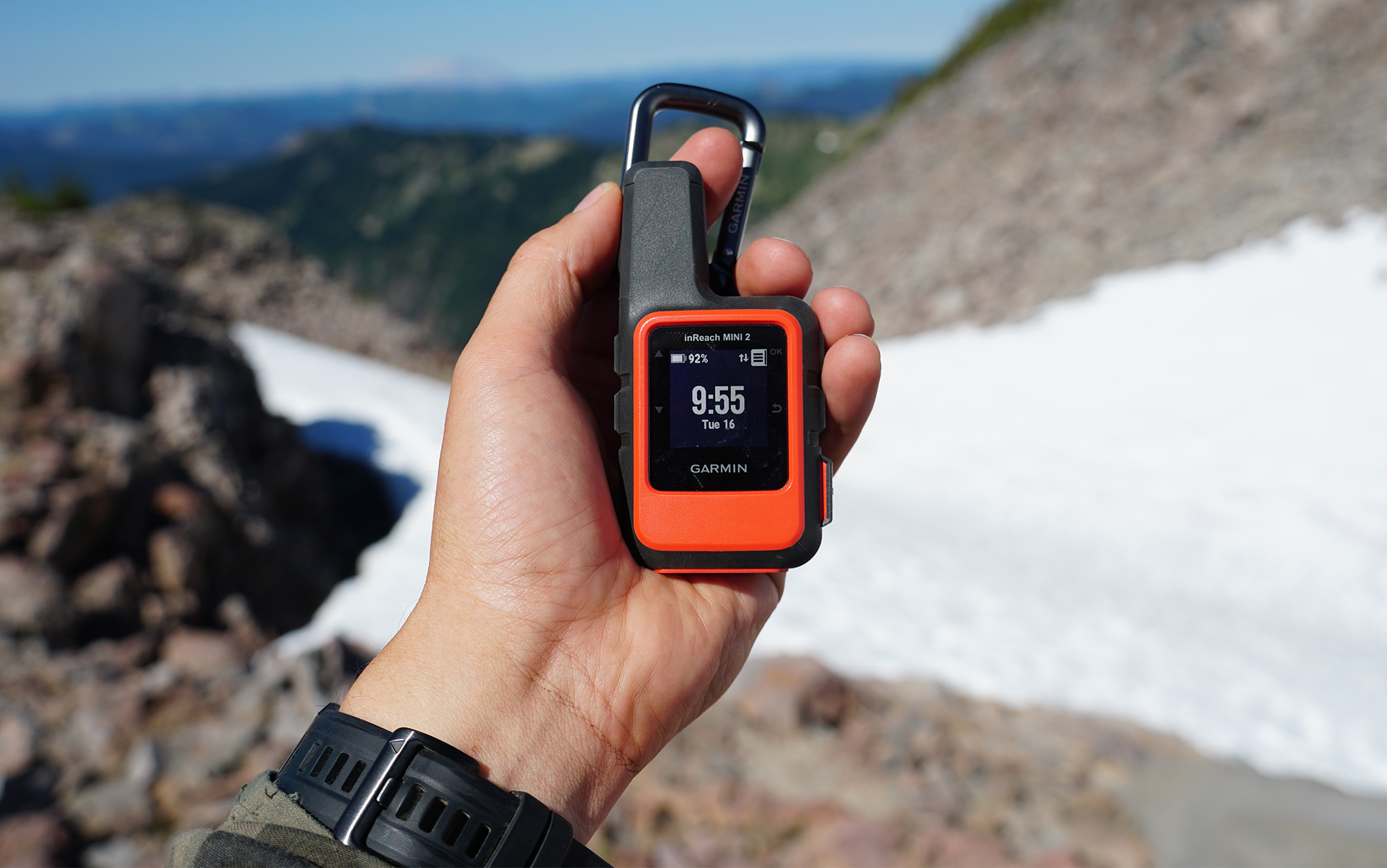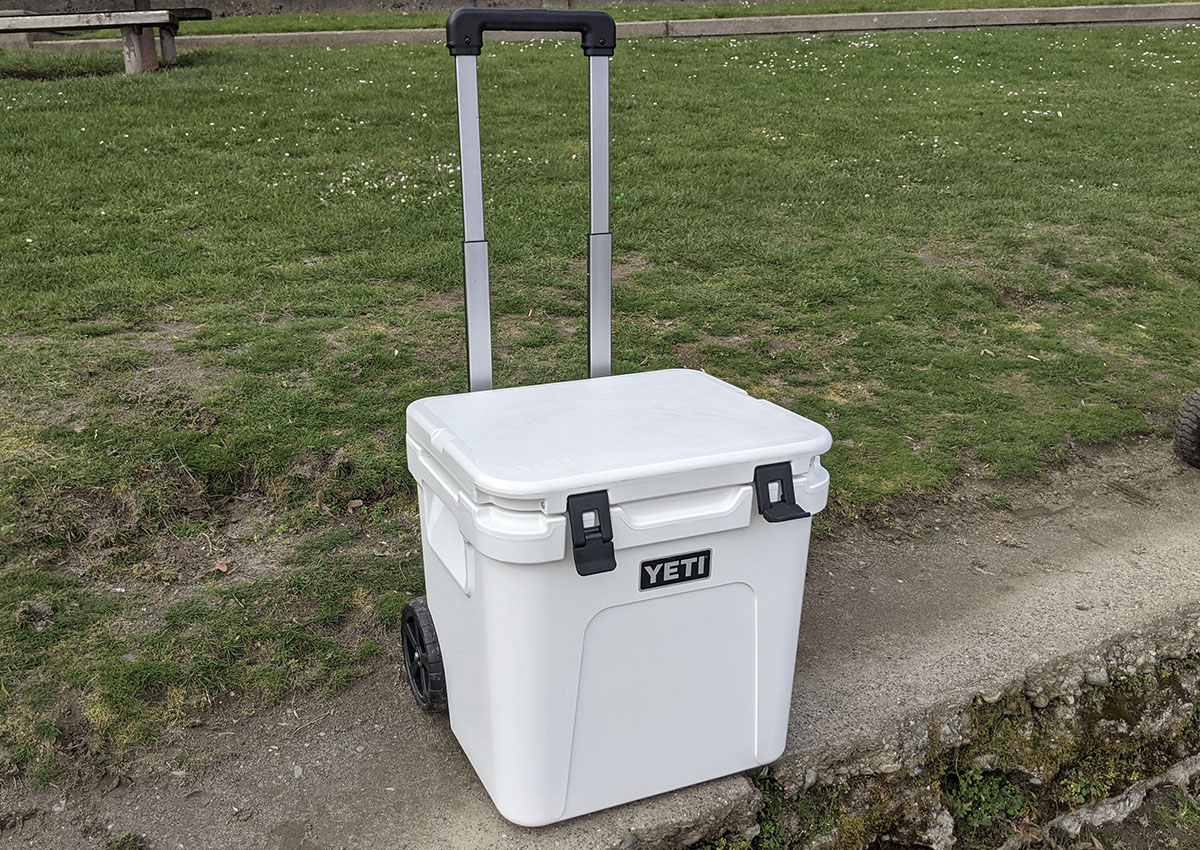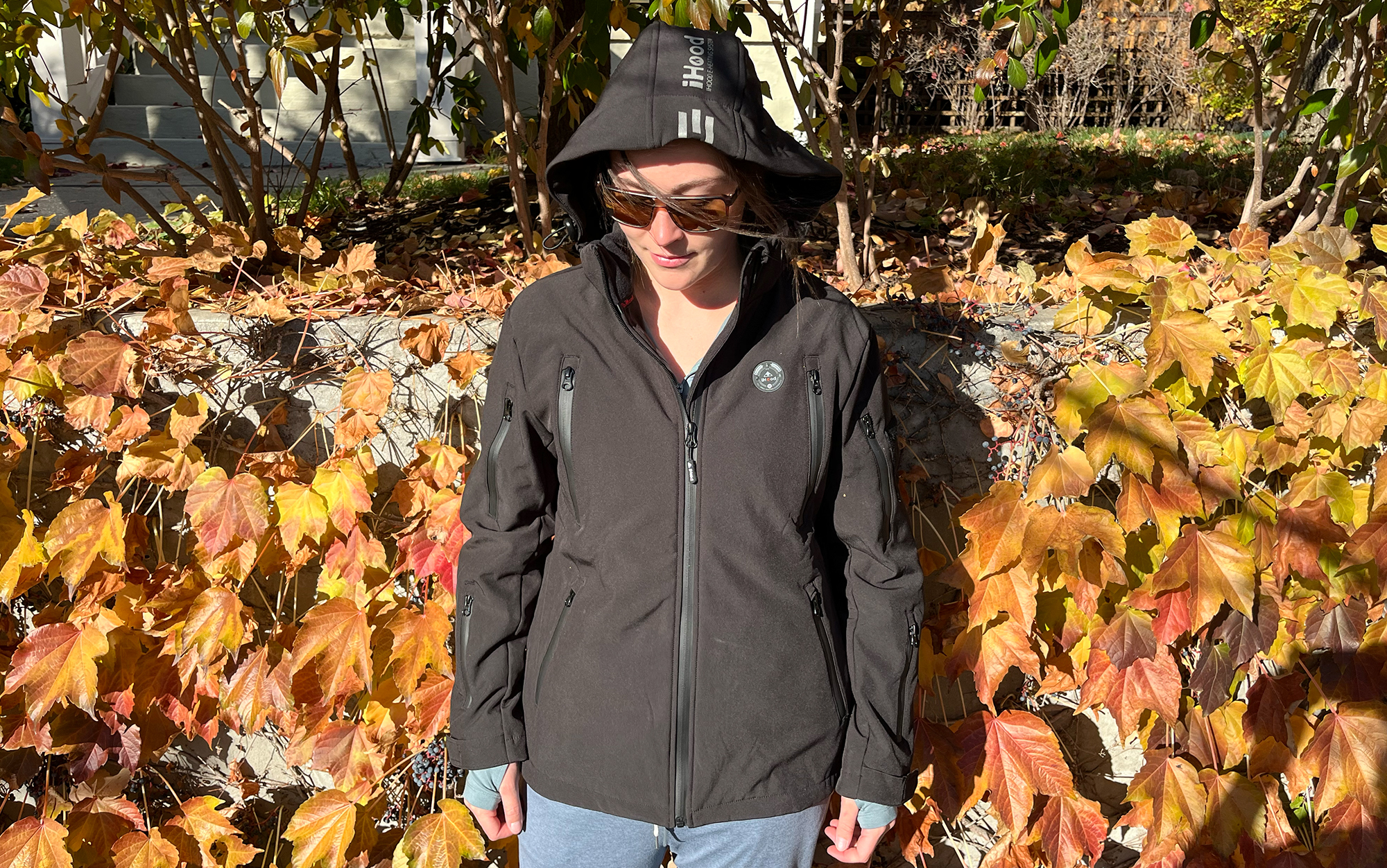Polaris Ranger XD 1500 vs Polaris General XP 1000 Ultimate

We may earn revenue from the products available on this page and participate in affiliate programs. Learn More ›
I was pretty sure I didn’t need a side-by-side, until I got my first. Now, I don’t know how I hunted, fixed fence, hauled firewood, and tackled a dozen other chores on my prairie ranch without one.
But picking the right model both for the job and my budget has been harder than much of the field work it enables. By my last count, there are more than a dozen brands that produce consumer-grade side-by-sides. Polaris, the sales leader of those brands, manufactures a half-dozen separate product lines, and each model is subdivided into some three-dozen variations, some as substantial as engine size and number of seats, some simply cosmetic differentiations. The dizzying number of choices and prices makes picking a utility vehicle harder than selecting a full-size pickup.
I spent the better part of a year with a pair of Polaris models — the Ranger XD 1500 and the General XP 1000 Ultimate — in an effort to determine which of these higher-end models is the better all-around hunting, land-management, and low-maintenance utility SxS.
Photo by Andrew McKean
See It
- 4-Stroke DOHC Triple Cylinder Engine
- 110 HP
- 105 LB-FT of torque
- 1498cc
- STEELDRIVE Automatic Transmission: D/R/P
- Weight: 2,473 pounds
- 65-inches wide
- Box Capacity: 1,500 pounds
- Fuel Capacity: 13.6 gallons
- Ground Clearance: 15 inches
- Hitch Towing Rating: 3,500 pounds
- 3 person capacity
- Payload Capacity: 2,110 pounds
- 95-inch wheel base
- Base Price: $29,999 (prices vary depending on features and location)
Photo by Andrew McKean 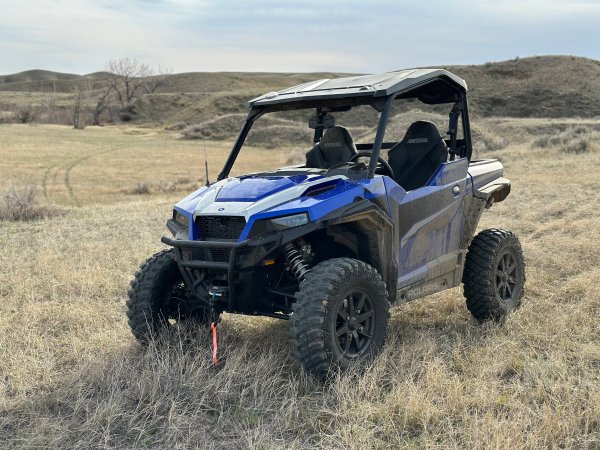
See It
- 4-Stroke DOHC Twin Cylinder
- 100 HP
- 999 cc
- Transmission: Automatic PVT P/R/N/L/H
- Weight: 1998 pounds
- 64-inches wide
- Box Capacity: 600 pounds
- Fuel Capacity: 9.5 gallons
- Ground Clearance: 13.5 inches
- Hitch Towing Rating: 1500 pounds
- Payload Capacity: 1,100 pounds
- 2 to 4 person capacity (depending on chosen cab)
- 115-inch wheel base
- Base Price: $23,999 (prices vary depending on features and location)
Testing the Ranger XD 1500
The main appeal of this unit was its industry-exclusive STEELDRIVE automatic transmission. Most ATVs and side-by-sides transfer engine torque to the drive train via a rubber belt, though earlier models and some lower-end models still use a literal linked chain in their power chain. The Ranger XD uses what Polaris calls a “100 percent steel constructed belt,” and I was curious to experience how it might tighten up what many readers will have noticed in their side-by-sides: the delayed response between punching the throttle and moving either forward or backward. The reason for that delay is the loose power chain linkage, partly the result of the elastic rubber transfer belt.
Given its steel construction, I expected the Ranger XD 1500 to snap into action when I shifted to drive and stepped on the gas. I was a little disappointed in the responsiveness. It’s snappier and tighter than most side-by-sides I’ve tested, but there was still that characteristic delay between pushing the gas pedal and either forward or reverse movement. Where I mostly noticed the improved, more responsive, drive-train dynamic was when the unit was already in motion. Any additional throttle surged the unit forward smartly, almost like the responsiveness of a sports car.
I also appreciated the STEELDRIVE transmission when I operated the Ranger XD 1500 in low, either when pulling a utility trailer or with a bed full of gear (usually steel fence posts and rolls of heavy barbed wire). The transmission was responsive, tight, and smooth in those low-speed, high-torque situations.
The Ranger XD 1500 — the NorthStar Ultimate model I tested has a 114-horse 4-stroke twin-cylinder engine — is a direct descendant of the Polaris Ranger, the OG of the category. Called by Polaris an “extreme-duty” side-by-side, the new XD 1500 certainly is a stronger, tighter, and overall better-built utility vehicle than many of the tinny, lightweight UTVs I’ve tested in the past, including the very good Ranger XP 1000 NorthStar Trail Boss. The 1500’s ride was relatively smooth, quiet, and powerful. From a drive-train consideration, its liquid-cooled, fully sealed power train is capable of handling more torque for a longer period of time than its peers, an important attribute if you’ll be doing much heavy-duty work with the XD 1500.
Read Next: Best ATV Helmets
Or, as in my case, pulling inclines. While most people consider the prairie to be table-top flat, my chunk of it is corrugated in a series of sharp, steep inclines, and in the course of a day of gathering cows in it you want a UTV that can pop up sharp hills, but also grind slowly up and down, while pushing cow/calf pairs without stampeding them. The Ranger XD handled this particular chore with graceful power. If I had any doubts about its low-end torque, they were dispelled when I packed out two hefty mule deer bucks in the bed of the Ranger XD, up and over some tough country, made especially tricky with rain-slick gumbo. The Ranger XD has a remarkable 1,500-pound box capacity.
Importantly for this hill work, the Ranger XD comes equipped with hill assist and descent control. The former prevents the unit from rolling backward when stopped, and started, on a hill. The descent control is basically a modified Jake brake, using the transmission and engine to throttle down to maintain control on particularly intense downhills.
Owing to its improved window-to-frame construction, the ride and sensory experience of the Ranger XD is way better than its earlier iterations. In the extreme heat and cold of a prairie summer and winter, a fully enclosed side-by-side is mandatory, and the Polaris kept me and my passenger comfortable through wide swings of temperature, from -40 to well over 100. While I can’t say it’s symphony-hall quiet, the Ranger XD is quiet enough that I could have phone conversations in a normal voice while ripping over sagebrush flats. The fit-and-finish is tight enough that it kept most prairie dust on the outside of the unit. Importantly, for my climate, its heater kept me comfortable for both sub-zero tours of my calving grounds and February coyote hunts.
Additional attributes include its motorized tilt bed, an excellent wide-angle back-up camera, and 27-inch tires that not only scrabble over boulders but also the dirt cutbanks of the prairie. Ground clearance isn’t generally considered a tier 1 selling point for a UTV, but my ranching neighbors, all of whom have side-by-sides from Polaris’s competitors, raved at my ability to clear obstacles and navigate tricky terrain with my XP’s high-clearance suspension and stabilizer bar.
My complaints about the unit are relatively minor. I hate the rear-hinge doors that open into the direction of travel. Practically speaking, it’s not a bad design, but it took me a good month to get used to the action. While many users will appreciate the Bluetooth-driven interface, with best-in-class navigation and phone connectivity, I don’t personally need all the creature comforts that the NorthStar version provides. These are also pricey upgrades; if you’re interested in a hard-working affordable side-by-side, opt for the Polaris Ranger XD with as few amenities as possible; the core machine will provide plenty of power and utility.
Read Next: Best Portable Jump Starters
My test vehicle came in the highest trim package, the Ranger XD 1500 NorthStar Ultimate, which retails for $44,999. I know, that’s a bundle, but the stripped-down version, the Ranger XD 1500 Premium, starts at $29,999. It’s still a chunk of change, but in my experience, it’s a hard-working machine that will provide years of honest service.
Note that the 2025 version of this machine is the XD 1500 NorthStar Edition, starting at $39,999 and with more in-cab amenities but with the basic powertrain of the 2024 edition.
Testing the POLARIS GENERAL XP 1000 ULTIMATE
If the Ranger XD 1500 is the ultimate ranch-hand, the General XP 1000 Ultimate is its younger, wilder brother.
The General XP is essentially a cross between Polaris’s muscular RZR sporty side-by-side and its more workaday Ranger models. My test model, a General XP 1000 Ultimate trim package, had no windshield or climate control, and its Rockford Fosgate Stage 3 speakers and audio system is better configured for a beach party than gathering Red Angus on the open prairie.
In short, the General XP 1000 Ultimate is a party wagon, equipped for overlanding sand dunes with its FOX Podium QS3 shocks, its bucket seats, and its 14-inch aluminum wheels driving knobby 27-inch Coronado tires. But it’s a testament to its DNA and its build that, again, my ranching buddies wanted to take my General XP when it was time to cast long over the prairie to gather a stubborn bull or to pack a handful of fence posts to patch blown-out watergaps in our fence line.
Ultimately, the General XP 1000 Ultimate wasn’t as practical for my climate or use case as I had hoped. Without a windshield or windows, it was limited to balmy summer and early autumn days. But with a trim package that includes glass and a climate-controlled cab, this would be my choice for a high-performance ride that an handle ranch chores and step out on trail rides and baja-ing steep and tricky terrain.
The tunable FOX shocks are maybe the General’s greatest selling point. Stiffen them up and the unit can handle just about any rugged terrain, bottoming out only a few times in a hell-for-leather ride. Or you can back them out and the Polaris rides as smooth and comfortable as any Texas Cadillac.
My General XP 1000 Ultimate has enough attributes for all-around work, from blazing-bright LED headlights and that beach-party sound system. The General also has Polaris’s best navigation and entertainment package, seamlessly connecting to mobile apps and porting your phone’s content and contacts. And it’s equipped with Polaris’s very good Ride Command GPS navigation and wayfinding system that connects to fellow riders.
Given the high-end features, the General 1000 is fairly priced, with basic units priced at under $18,000. My tricked-out package — my test model was finished in striking Polaris Blue — is priced at just under $29,000. It’s a good unit for all-around chores and hunting jobs, but it has enough muscle and flair to show up for trail competitions and cross-country navigation.
Polaris Ranger vs General, Final Thoughts
I’m in the market for a side-by-side for its field chops rather than its appearance and amenities such as stereo and racing credentials. With its best-in-class power trail and extremely handy motorized tilt bed, the Ranger XD 1500 NorthStar Ultimate is by far my choice, not only in this head-to-head comparison of Polaris models but for any side-by-side on the market.
The Ranger XD’s new steel-reinforced drive belt is stronger, tighter, and more responsive than any other linkage I’ve experienced, and the closed transmission results in longer service intervals and less breakdowns. If it does crap out, repairs are more extensive and expensive, but in my year-long session with the unit, I experienced zero maintenance or service problems.
The XD 1500 is a workhorse, helping accomplish most of the work-a-day chores on a ranch, and it’s an indispensable hunting rig, especially with its climate-controlled cab, versatile winch, and motorized tilt bed.
The General 1000 is a spiffy sports machine, and definitely appeals to a younger demographic. Its tunable suspension is the best I’ve tested, and its dune-buggy ride, responsiveness, and high-end sound system will make it the life of any party, especially one at the end of a rough, steep trail. But for ranch work, the General 1000 is a little limited, and in order to be considered for four-season work, it needs an enclosed cab and climate controls. But with retail pricing starting at under $20,000, it’s among the most price-accessible Polaris models on the market.
But both Polaris units gave me months of honest work with no maintenance issues. Given the eye-popping prices of side-by-sides, durability is an important consideration.
Read the full article here


